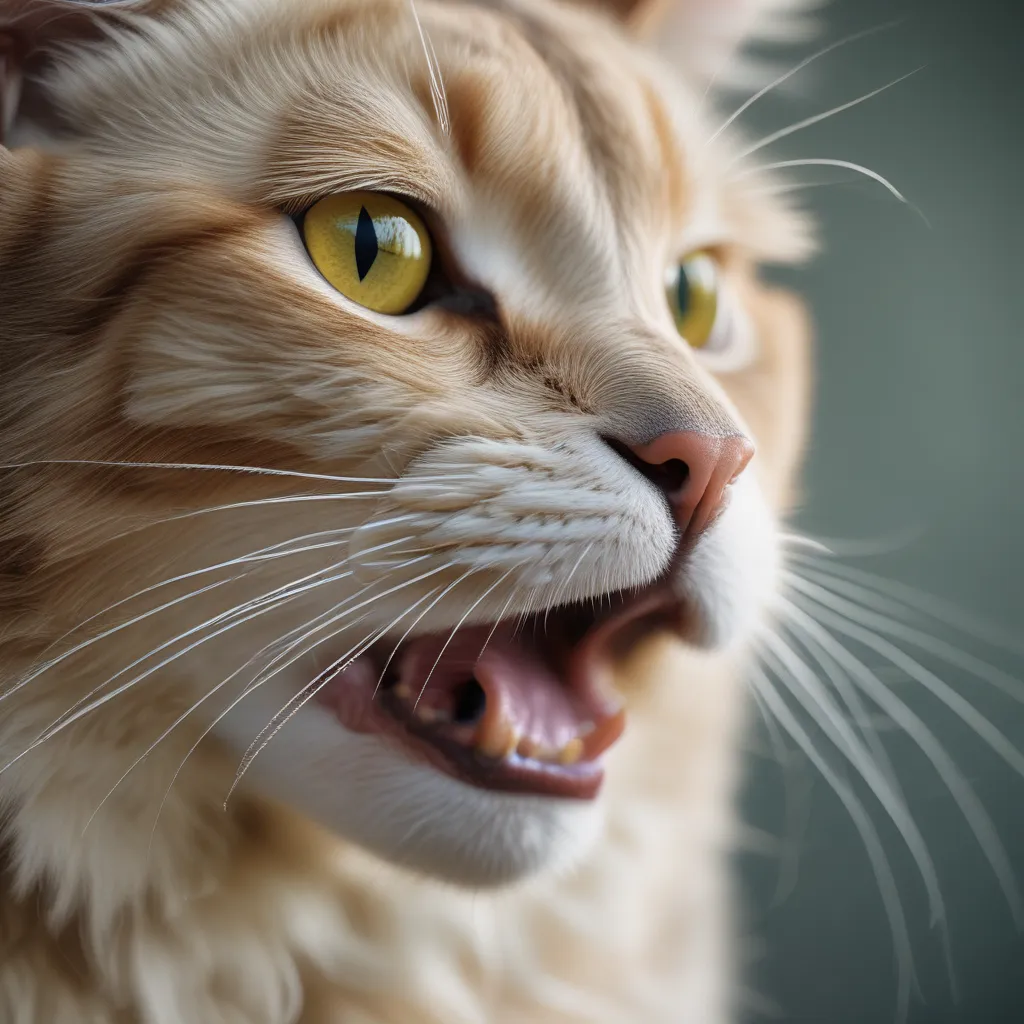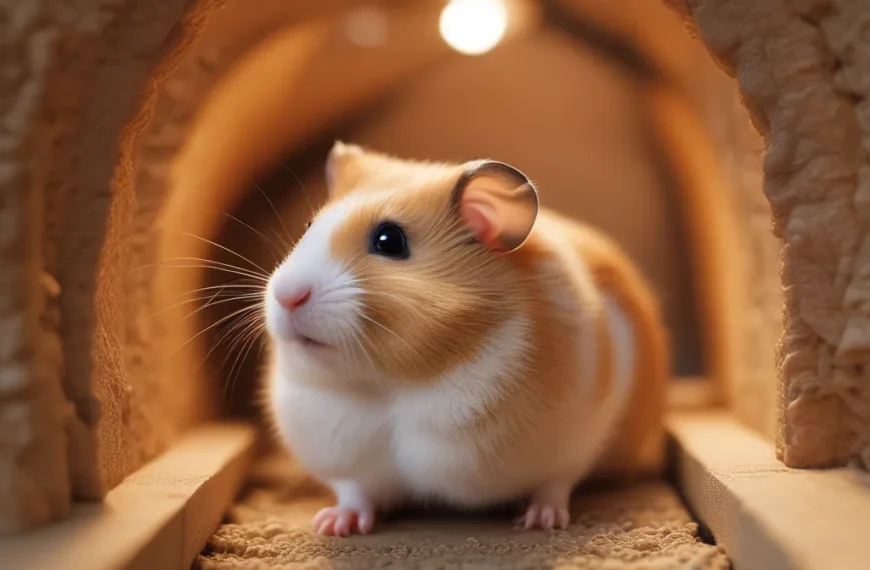Introduction
When it comes to creating a comfortable and healthy environment for your feline friend, one of the most crucial aspects to consider is the litter box. A litter box that is too small can lead to a range of problems, including accidents outside of the box, stress, and even health issues. On the other hand, a litter box that is too large can be overwhelming and may not provide the sense of security and comfort that your cat needs.
So, how big should a litter box be for a cat? The answer to this question depends on several factors, including the size and age of your cat, as well as your personal preferences and lifestyle. In this article, we will explore the importance of litter box size and provide guidance on how to determine the ideal size for your feline friend.

As we delve into the world of litter box sizes, it’s essential to consider the unique needs and preferences of your cat. By understanding the factors that affect litter box size and how to choose the right size for your cat, you can create a comfortable and healthy environment that meets their needs and promotes overall well-being.
Determining the Ideal Litter Box Size
Determining the ideal litter box size for your cat is crucial for their health, happiness, and hygiene. A litter box that is too small can lead to accidents outside of the box, stress, and even health problems. On the other hand, a litter box that is too large can be overwhelming and may not be used by your cat.
General Guidelines
The general rule of thumb for determining the ideal litter box size is to provide a box that is at least 1.5 times the length of your cat. This means that if your cat is 10 inches long, the litter box should be at least 15 inches long.
Considerations for Multi-Cat Households
If you have multiple cats, you will need to provide a litter box that is large enough to accommodate all of them. A good rule of thumb is to provide one litter box per cat, plus one extra. This means that if you have three cats, you should provide four litter boxes.
Considerations for Kittens and Senior Cats
Kittens and senior cats may require special consideration when it comes to litter box size. Kittens may need a smaller litter box with lower sides to make it easier for them to get in and out. Senior cats may need a larger litter box with lower sides to make it easier for them to get in and out.
Determining the ideal litter box size for your cat is crucial for their health, happiness, and hygiene. By following the general guidelines and considering the specific needs of your cat, you can provide a litter box that meets their needs and keeps them happy and healthy.

Factors Affecting Litter Box Size: Cat Size and Age
When it comes to choosing the right litter box for your feline friend, there are several factors to consider. Two of the most important factors are your cat’s size and age. In this section, we’ll explore how these factors affect litter box size and what you can do to ensure your cat’s comfort and health.
Cat Size
The size of your cat is a crucial factor in determining the ideal litter box size. A general rule of thumb is to provide a litter box that is at least 1.5 times the length of your cat. This will give your cat enough room to turn around, stretch out, and cover their waste.
For example, if your cat is 15 inches long, you’ll want a litter box that is at least 22.5 inches long. However, if you have a larger breed cat, such as a Maine Coon or Ragdoll, you may need a litter box that is even longer.
Cat Age
Your cat’s age is also an important factor to consider when choosing a litter box. Kittens, for example, require a litter box with lower sides and a non-slip surface to prevent accidents. Senior cats, on the other hand, may require a litter box with easier access and a more comfortable surface.
As your cat ages, their mobility and flexibility may decrease, making it more difficult for them to use a litter box with high sides or a narrow entrance. In this case, a litter box with a ramp or a low-sided design may be more suitable.
Litter Box Size Guidelines
Here are some general guidelines for litter box size based on cat size and age:
- Kittens (under 6 months): 12-18 inches long, 9-12 inches wide, 3-4 inches deep
- Adult cats (6 months-7 years): 18-24 inches long, 12-18 inches wide, 4-6 inches deep
- Senior cats (8 years and older): 24-30 inches long, 18-24 inches wide, 6-8 inches deep
Remember, these are just general guidelines, and the ideal litter box size for your cat may vary depending on their individual needs and preferences.
Choosing the right litter box size for your cat is crucial for their comfort, health, and happiness. By considering your cat’s size and age, you can select a litter box that meets their unique needs and provides them with a safe and comfortable place to do their business.
Litter Tracking and Odor Control Considerations
When it comes to choosing the right litter box for your cat, there are several factors to consider. Two of the most important considerations are litter tracking and odor control. Litter tracking refers to the amount of litter that is kicked out of the box and onto the surrounding floor, while odor control refers to the ability of the litter to minimize unpleasant smells.
Minimizing Litter Tracking
To minimize litter tracking, it’s essential to choose a litter that is designed to stay in the box. Some litters, such as clay or clumping litter, are more prone to tracking than others. You can also try using a litter mat or a litter box with a tracking-reducing design.
Controlling Odors
Controlling odors is also crucial when it comes to litter boxes. Some litters, such as silica gel or recycled paper, are naturally more odor-absorbent than others. You can also try using an odor-controlling spray or additive to help minimize unpleasant smells.
Tips for Reducing Litter Tracking and Odor
Here are some additional tips for reducing litter tracking and odor:
- Scoop the litter box daily to remove solid waste and clumps
- Change the litter completely every 7-10 days
- Use a litter box with a hood or cover to reduce tracking and odor
- Place the litter box in a well-ventilated area to reduce odor buildup
- Consider using an automated litter box that can help reduce tracking and odor
By following these tips and choosing the right litter and litter box, you can help minimize litter tracking and odor control issues.

Ensuring Comfort and Privacy in the Litter Box
Ensuring your cat’s comfort and privacy in the litter box is crucial for their overall health and well-being. A comfortable and private litter box can help reduce stress and anxiety in cats, making them more likely to use the litter box correctly.
Providing Adequate Space
A litter box that is too small can be uncomfortable for your cat, making them feel cramped and anxious. A general rule of thumb is to provide a litter box that is at least 1.5 times the length of your cat. This will give them enough space to turn around, dig, and cover their waste without feeling confined.
Reducing Stress and Anxiety
Cats are naturally private animals and prefer to do their business in a quiet, secluded area. Placing the litter box in a high-traffic area or near their food and water bowls can cause stress and anxiety, leading to accidents outside of the litter box. Try to place the litter box in a quiet, low-traffic area where your cat can feel safe and relaxed.
Minimizing Distractions
Minimizing distractions around the litter box can also help reduce stress and anxiety in cats. Avoid placing the litter box near noisy appliances or in areas with high foot traffic. You can also try placing a screen or room divider around the litter box to block your cat’s view of the surrounding area.
Keeping the Litter Box Clean
Keeping the litter box clean is essential for your cat’s comfort and health. Scoop out solid waste daily and change the litter completely every 7-10 days. A dirty litter box can be a source of stress and anxiety for cats, leading to accidents outside of the litter box.
Ensuring your cat’s comfort and privacy in the litter box is crucial for their overall health and well-being. By providing adequate space, reducing stress and anxiety, minimizing distractions, and keeping the litter box clean, you can help create a comfortable and private litter box that your cat will love.
The Importance of Litter Box Size for Cat Health
When it comes to cat health, one of the most overlooked yet crucial factors is the size of the litter box. A litter box that is too small can lead to a range of health problems, from urinary tract infections to kidney stones. On the other hand, a litter box that is too large can be overwhelming and stressful for your cat.
Why Litter Box Size Matters
A litter box that is the right size for your cat is essential for their physical and emotional well-being. Here are just a few reasons why:
- Reduced stress: A litter box that is too small can be stressful for your cat, leading to anxiety and behavioral problems.
- Improved hygiene: A litter box that is the right size allows your cat to easily turn around and cover their waste, reducing the risk of accidents and messes.
- Prevention of health problems: A litter box that is too small can lead to urinary tract infections, kidney stones, and other health problems.
How to Choose the Right Litter Box Size
Choosing the right litter box size for your cat can be a daunting task, but here are a few tips to help you get started:
- Consider your cat’s size: A general rule of thumb is to choose a litter box that is at least 1.5 times the length of your cat.
- Think about your cat’s age: Kittens and senior cats may require a smaller litter box, while adult cats may prefer a larger one.
- Look for a litter box with low sides: A litter box with low sides can make it easier for your cat to get in and out, reducing the risk of accidents and stress.
The importance of litter box size for cat health cannot be overstated. By choosing a litter box that is the right size for your cat, you can reduce stress, improve hygiene, and prevent health problems. Remember to consider your cat’s size, age, and individual needs when selecting a litter box, and don’t be afraid to experiment until you find the perfect fit.

Conclusion
Choosing the right litter box size for your cat is crucial for their health, happiness, and overall well-being. As we’ve discussed throughout this article, a litter box that’s too small can lead to a range of problems, from accidents outside of the litter box to serious health issues.
By considering the factors that affect litter box size, such as your cat’s size and age, litter tracking and odor control, comfort and privacy, and the importance of litter box size for cat health, you can make an informed decision about the best litter box for your feline friend.
Remember, a litter box that’s the right size for your cat will help to:
- Reduce stress and anxiety
- Prevent accidents and messes
- Keep your cat healthy and happy
- Make cleaning and maintenance easier
So, take the time to research and choose a litter box that meets your cat’s unique needs. Your cat will thank you!
















